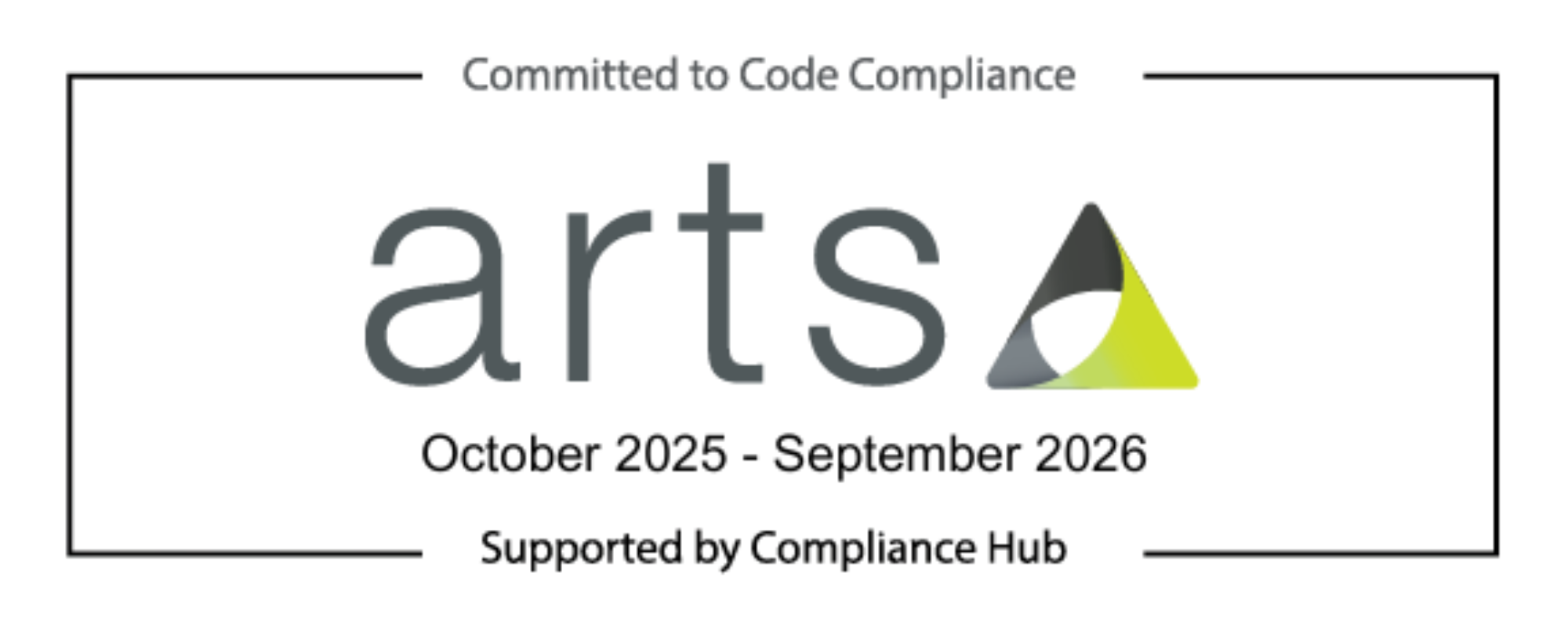Sustainable inhaler prescribing – how PrescQIPP can support you
PrescQIPP have produced award winning resources to support NHS organisations in the drive to reduce the NHS carbon footprint and move to sustainable, greener inhaler prescribing.
Who we are
PrescQIPP is a Community Interest Company (an independent social enterprise) that set up in 2016 after four years as an NHS QIPP workstream. PrescQIPP are solely funded by the NHS for the NHS and operate on a not for profit basis for the benefit of patients and NHS organisations.
Who are our subscribers, who can use our resources
We have a UK wide subscriber base that includes all the English Integrated Care Boards (ICBs); Health boards (HBs) in Wales, Northern Ireland and some in Scotland, the Isle of Man and Jersey. The PrescQIPP membership benefits are available to ICBs/HBs medicines optimisation teams, finance teams, GP practice and PCN/cluster healthcare professionals, pharmacy teams within secondary care, community trusts, mental health trusts and care homes.
What we do
Our aim is to “do once and share” to reduce duplication and variation across the NHS.
We produce evidence based resources and implementation tools for medicines related interventions with a robust quality assurance process and extensive stakeholder feedback. The resources and tools provide information on medicines safety, outcomes and value for money to enable appropriate change to be embedded in practice for the benefit of patients and the NHS budget.
Sustainable inhaler prescribing
Over the last 3 years PrescQIPP have developed a wide range of innovative resources to support the NHS Long Term Plan environmental commitment to reduce the NHS carbon footprint.
PrescQIPP were the first organisation to collate and make freely available, all the indicative carbon emissions data for the 120+ inhalers available to prescribe in the UK, with details of the methodology to explain how the data was derived. This work has been endorsed by the NHS England and NHS Improvement Inhaler Working Group.
The inhaler carbon footprint resource provides you with practical steps to lower the inhaler carbon footprint and provides suggested priority switches which are cost saving or cost neutral. There is a comparison of inhalers by device type, indications and age range, indicative carbon footprint and costs. Tables provide the lowest cost lower carbon footprint inhalers by therapeutic group and an inhaler switching guide. A data tool allows users to view the impact of any inhaler switches they are considering in terms of indicative carbon footprint and cost. The inhaler carbon footprint snapshot is updated monthly as are the scorecard indicators for salbutamol carbon footprint per inhaler (gCO2e) and pMDI to DPI/SMI ratio (excluding salbutamol) as a % of total items.
Patient information materials about returning inhalers to a community pharmacy for environmentally safe disposal once they are finished and only ordering inhalers as they are needed have been developed to support these key messages around safe disposal and reducing waste.
Clinical system searches to support identifying patients that need a review or could be switched have been developed. Step by step instructions on how to upload the searches onto GP clinical systems are available. Once patients have been identified, audits are available to narrow down the patients that need a clinical review for counselling on the over use of SABA inhalers or a switch to a more environmentally friendly inhaler.
Through joint work with the East of England Medicines Value Programme Board and Productivity and Efficiency group, PrescQIPP have produced a suite of patient information resources to support local inhaler awareness campaigns including leaflets, videos and animations that can be embedded on websites. The leaflets can be modified locally to add organisation logos and local links to the PrescQIPP inhaler technique videos and/or inhaler technique leaflets. These resources cover three areas –
- Environmentally friendly inhaler choices
- What should I do if I need to use my reliever inhaler often for my asthma?
- Your Ventolin pMDI is changing to a more environmentally friendly version, Salamol pMDI
There is also an interactive inhaler carbon footprint comparison tool to be used by healthcare professionals with patients to view the carbon footprint of their current inhaler and inhaler options with a lower carbon footprint.
A short clip video is available which outlines the patient resources available and how health care professionals can use them with patients.
Award winners!
The value of the PrescQIPP resources in supporting the NHS to prescribe sustainable inhalers to reduce the carbon footprint has been recognised and acknowledged by the Healthcare Financial Management Association (HFMA). The joint work with East of England Medicines Value Programme Board and Efficiency & Productivity group on reducing the inhaler carbon footprint has resulted in two awards. We won a national HFMA award for environmental sustainability in December 2022. The same project also won the Eastern HFMA awards innovation category in February 2023.
This is a hot topic at the moment and work is still needed to reduce the inhaler carbon footprint for the benefit of the environment. We would advise anyone wanting to undertake this project to work jointly across their whole system with medicines optimisation, communications, finance teams and other interested parties. Address any change in a stepwise manner using the many resources available on the PrescQIPP website to support implementation and to monitor the impact of your project. These include current prescribing data, tools to support switching inhalers in appropriate patients, costing tools and our award winning patient information, particularly the video’s explaining why this change is so important. E-learning packages and workshops are also available to upskill healthcare professionals in this important area of medicines optimisation.
Find out more
Sign up to receive our monthly newsletter direct to your inbox to keep up to date with our latest publications, resources and details about upcoming webinars, virtual professional groups and clinical masterclasses at https://www.prescqipp.info/mail-chimp/


 London
London


